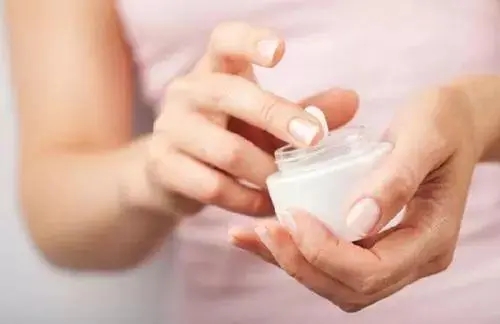
 CONTACT
CONTACT
- Linkman:Linda Yao
- Tel: +8618231198596
- Email:linda.yao@dcpharma.cn
- Linkman:CHARLES.WANG
- Department:Overseas
- Tel: 0086 0311-85537378 0086 0311-85539701
Supply Nisin for Cosmetics
TIME:2024-07-04
The use of nisin in cosmetics is an important issue involving product safety, efficacy, and regulatory compliance. Nisin is a natural peptide antimicrobial substance produced by the fermentation of Lactococcus lactis, and it has a broad-spectrum antibacterial effect. Its characteristics include being natural, efficient, safe, and non-toxic, which makes nisin widely applicable in many fields, including cosmetics.
The primary role of nisin in cosmetics is as an antimicrobial preservative. Cosmetics often contain multiple ingredients that can easily be contaminated by microorganisms during storage and use, leading to product spoilage and safety issues. Nisin can effectively inhibit the growth of various bacteria and molds, thereby extending the shelf life of cosmetics and maintaining product stability and safety.
As a natural preservative, nisin's safety has been widely recognized. Compared to chemical preservatives, it has lower toxicity and less irritation, making it more suitable for use in cosmetics. Additionally, nisin has good biocompatibility and does not cause adverse reactions with other ingredients in cosmetics.
The addition of nisin in cosmetics must comply with relevant regulations and standards. Different countries and regions have different regulations and restrictions on the use of preservatives in cosmetics. For example, in China, preservatives used in cosmetics must comply with the requirements of the "Cosmetic Safety Technical Specification," which provides detailed regulations on the types and concentrations of preservatives used.
The method of using nisin in cosmetics typically involves adding an appropriate amount of nisin powder or solution to the cosmetic formula and stirring it thoroughly. The specific amount and method of use need to be determined based on the product's formula and process requirements.
When using nisin, it is necessary to ensure that the product's pH is within the stable range for nisin to guarantee its antimicrobial effect. Because nisin is sensitive to light and heat, it should be stored and used in conditions that avoid direct sunlight and high temperatures. After adding nisin to cosmetics, thorough stability and safety testing is required to ensure the product's quality and safety.
As a natural, efficient, and safe antimicrobial preservative, nisin has broad application prospects in the field of cosmetics. However, in practical applications, it is necessary to comply with relevant regulations and standards to ensure product safety and compliance. Attention should also be paid to the stability of the product and the correct method of use to guarantee product quality and efficacy.
- Tel:+8618231198596
- Whatsapp:18231198596
- Chat With Skype







